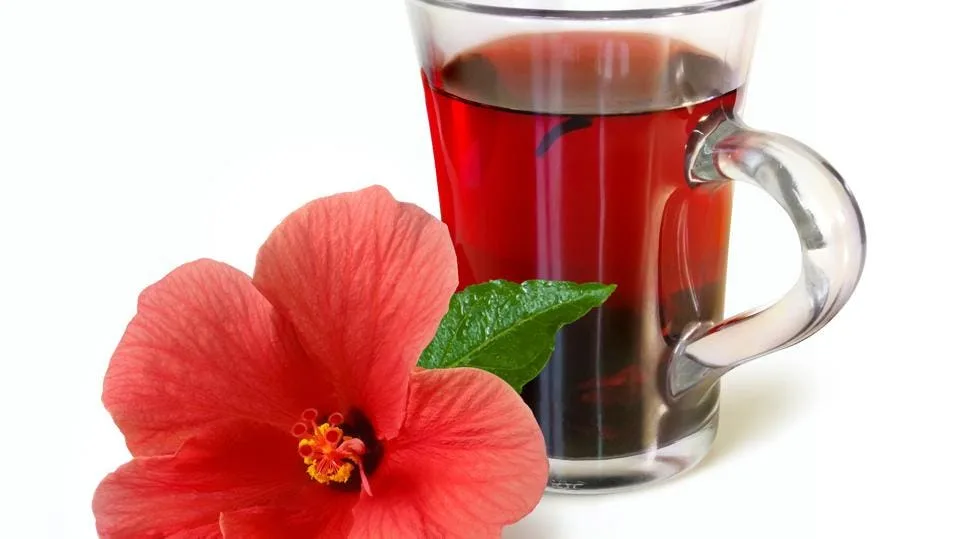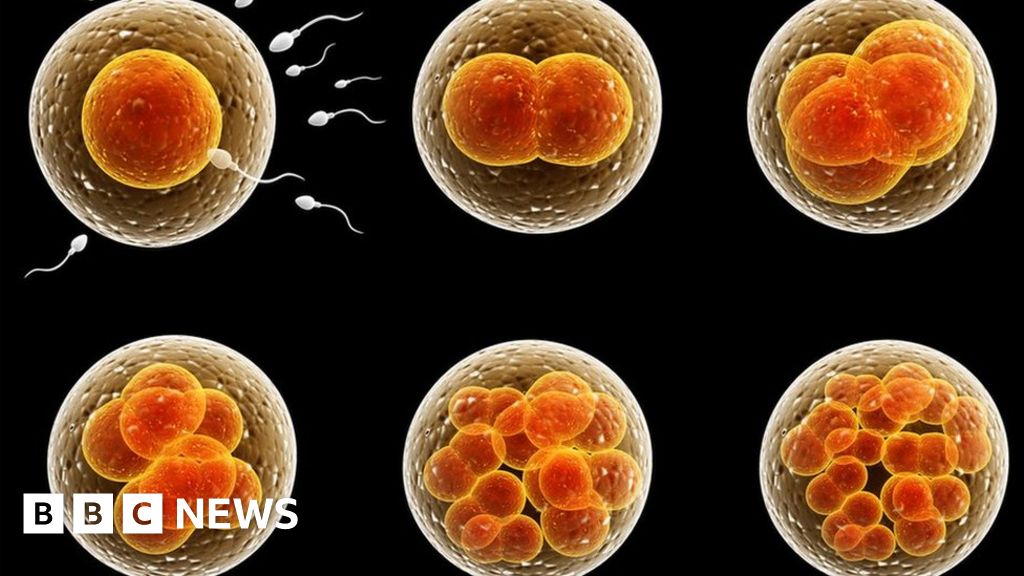[ad_1]
Hibiscus sabdariffa was used in ancient China to treat hypertension (high blood pressure), fever, inflammation and kidney and bladder stones. Hibiscus is also used for medicinal purposes in India, Thailand, Africa, Mexico and Africa to improve liver, bladder and intestinal function, reduce fever, lower blood pressure and increase blood vessel flow.
However, there isn’t enough scientific evidence to substantiate those medicinal applications. If you have the above conditions, see a doctor for treatment recommendations.
Below are some of the potential health benefits of hibiscus tea—although research is limited for conclusive evidence of the tea’s medicinal effects. Some studies used hibiscus extract and not tea, for example, which is a much more concentrated form which may yield different results, Routhenstein says. Studies using hibiscus extract in test tubes is considered preliminary research that cannot be extrapolated to humans, she adds.
Possible Reduced Risk for Chronic Diseases
Hibiscus tea is rich in polyphenols, including anthocyanins, which have anti-inflammatory and cardiovascular benefits, notes Routhenstein. Hibiscus also contains flavonoids, phenolic acids and tannins, which are also polyphenols.
Polyphenols have antioxidant properties that help protect against cell damage, a contributor to chronic diseases such as cancer and heart disease. Flavonoids have been studied for their anti-cancer, antiviral, antioxidant and anti-inflammatory properties as well as possible use to help lower the risk for high blood pressure and heart disease.
“The calyces, those colorful outer parts of the flower, are particularly rich in anthocyanins, including delphinidin 3-sambubioside and cyanidin 3-sambubioside,” says Devje. The antioxidant effects of hibiscus are intriguing, but more study is needed before researchers can confirm hibiscus tea might lower the risk of chronic disease.
“It’s important to remember that everyday hibiscus tea is made with roughly 1 tablespoon of hibiscus per cup,” Devje says. “In research, however, scientists often use highly concentrated extracts, making them substantially more potent. This contrast underscores the need for cautious interpretation of research findings.”
May Aid in Blood Pressure Management
Some research indicates hibiscus tea may help lower blood pressure and provide heart health benefits by reducing inflammation and improving blood vessel function, says Routhenstein. “The hibiscus flower contains a combination of nutrients that allow for these improvements, primarily anthocyanins and phenolic acids, such as gallic and hippuric acid specifically,” she says.
A very small study from 2019 in the Journal of Advanced Pharmaceutical Technology and Research found that participants with stage 1 hypertension who drank two cups of hibiscus tea daily, combined with healthy lifestyle changes that included reduced salt intake, lowered their blood pressure significantly. Participants in the control group who didn’t drink hibiscus tea also lowered their blood pressure by exercising, losing weight and eating a low-salt diet. However those results were less significant.
“Hibiscus appears to influence blood vessels and kidney function, and certain substances within the body, contributing to blood pressure reduction in several ways,” says Devje. “The tea could facilitate relaxation of blood vessels, potentially by hindering calcium entry into muscle cells or by mimicking the effects of a diuretic, prompting the kidneys to excrete more salt and water, resulting in decreased blood pressure.”
Although hibiscus might slightly lower blood pressure in people who have hypertension, research on hibiscus tea’s blood pressure effects is limited, with existing studies suggesting only a small lowering effect, according to the National Institutes of Health National Center for Complementary and Integrative Health (NCCIH).
It’s important to note that hibiscus is not an alternative to high blood pressure medication. Individuals with high blood pressure or any chronic issue should talk to their doctor before trying hibiscus tea.
May Help Prevent or Manage Diabetes
A 2020 review of multiple studies, including those on humans, indicated that hibiscus supplements lowered both systolic and diastolic blood pressure in participants with type 2 diabetes. A 2019 review that included studies on humans suggests that hibiscus may help prevent and manage diabetes.
In addition to helping manage diabetes, hibiscus extract may improve symptoms of metabolic syndrome, a group of conditions, such as high blood pressure, high cholesterol and high blood sugar levels, that raise your risk of heart disease, diabetes and stroke. Researchers suspect chemicals in roselle appear to reduce sugar in the blood and improve blood flow.
While more research on humans is needed to confirm if hibiscus might be useful in helping with managing diabetes, “Many individuals who have diabetes have high blood pressure, inflammation and oxidative stress, and they may benefit from drinking hibiscus tea,” adds Routhenstein.
It’s important to note that hibiscus is not an alternative to helping control blood sugar in people with diabetes. Hibiscus is also not a substitute for diabetes medications prescribed by your doctor. Individuals taking medication for any chronic issue should talk to their doctor before trying hibiscus tea.
[ad_2]



